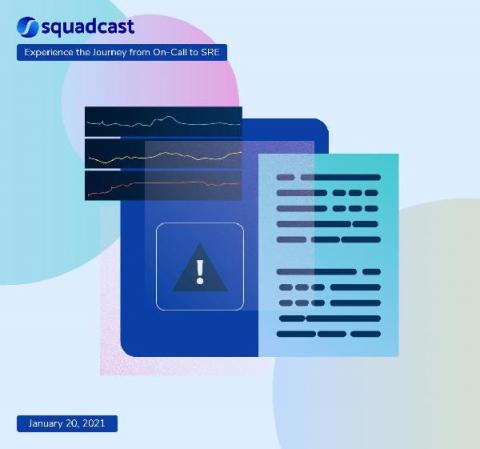What the Big Brother Approach to IT Monitoring and Incident Management May Be Missing
We asked in a recent poll which popular TV show your IT team resembles the most. Big Brother came out on top, with almost 40% of respondents saying that their incident resolution process most resembled this show. Would you compare your incident management process to an episode of Big Brother? If so, it's likely that your IT environment is highly monitored, but incidents still seem to slip through the cracks.










